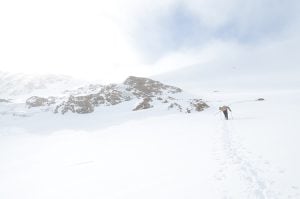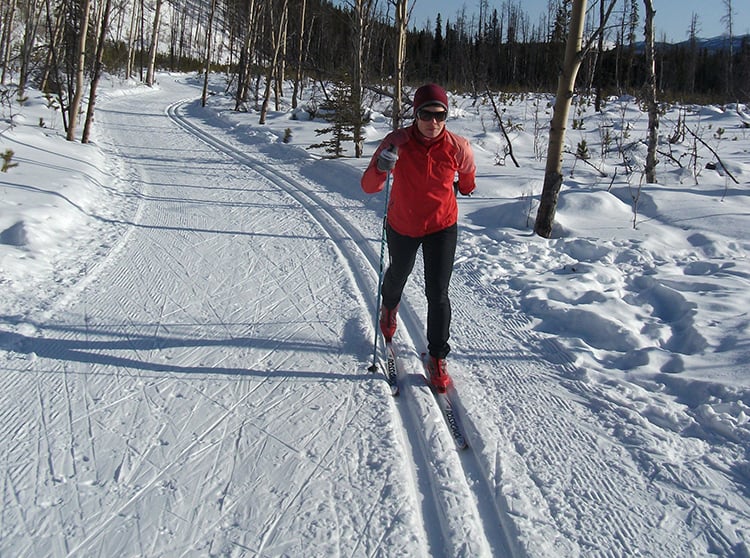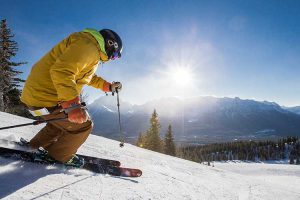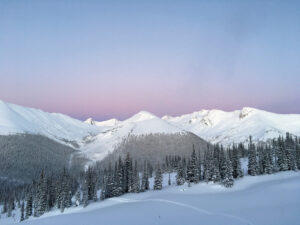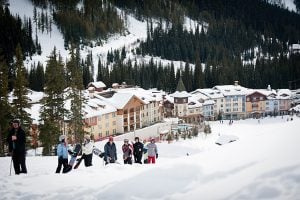WHEN I WONDER ALOUD about something being in the water in Whitehorse, Mike Gladish laughs. Competitive crosscountry skiers from the Yukon are statistically punching well above their weight, and it has some observers wondering if it’s got something to do with what’s coming out of their taps. As a city councillor and the manager of the Whitehorse Cross-Country Ski Club, Gladish would know. He surveys the sunny waxroom with its banks of ski lockers, bulletin boards and benches as if to suggest the walls have the answer.
In the winter of 2011-2012, Yukon athletes held five of 25 spots on the senior and junior national cross-country ski squads. At last year’s nationals, the Whitehorse Cross-Country Ski Club came second out of 67 clubs. This year it placed fourth, even though its team of 16 was half the size of some of the other top contenders. It was an astounding accomplishment, given that Yukoners represent one onethousandth of the Canadian population. Success didn’t come overnight — medals have been accumulating for years — but the accomplishments of this ski-crazed northern town are garnering attention across the country.
About one in 20 residents of Whitehorse are members of its only cross-country ski club. With 1,300 skiers, it’s almost the same size as the nation’s largest club, Ottawa’s Nakkertok. The idea that a club this size could produce so many elite athletes seems reasonable, until you realize that Whitehorse is one-thirtieth the size of Ottawa. A five-to-six month ski season can’t hurt, and Whitehorse has consistently good snow, but it’s more than that.
There’s a sense that this town has locked onto a vision of what cross-country skiing — and sport and recreation in general — can do for the community. Like most clubs of its kind, a deep roster of volunteers and generous sponsors form the backbone, supported by some big thinkers and shrewd decision-making.
“It’s a population of Type-A personalities,” Gladish jokes. Whitehorse has hosted a World Cup race, national competitions and the Canada Winter Games. It helps that money comes fairly easily to a northern government town, meaning that Whitehorse enjoys infrastructure and programs that other communities can only dream of.
“If I had to nail it down to just one thing, it’s convenience,” Gladish says of Whitehorse’s skiing alchemy. Our view from the waxroom takes in the largest intersection in town, several neighbourhoods and the sprawling Canada Games Centre. Behind us, 85 kilometres of ski trails spike out in all directions.
On this September weekday morning, the ski season is still a month away, but the waxroom is bustling. Coach Nick Stratis huddles over a laptop while his granddaughter plays nearby and his daughter pops in and out. It’s a reminder that what’s being sown on Yukon trails isn’t about winning or infrastructure or a long season: it’s a deeply rooted ski culture founded on family, fitness and excellence. “If you’re a kid here in the waxroom and you’re rubbing shoulders with an elite national skier,” Gladish says, “you tell yourself, ‘I can do that too.’ ”
